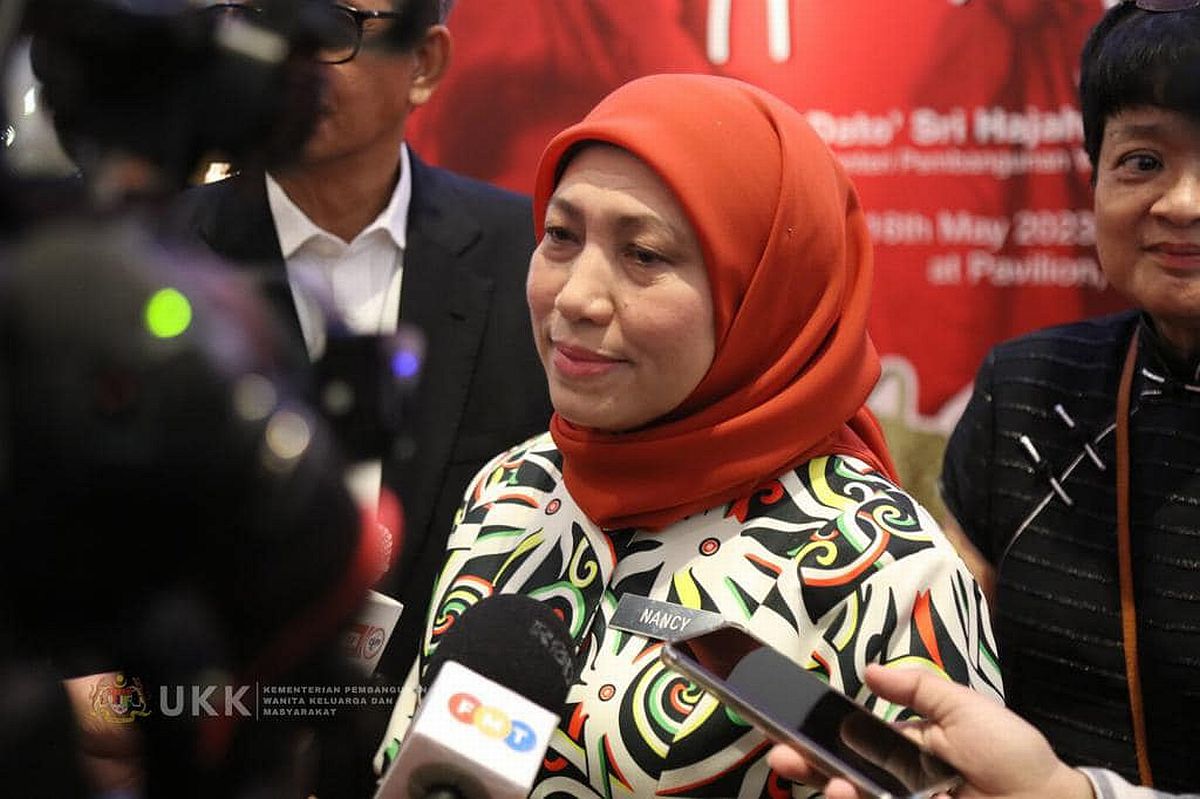KUALA LUMPUR, May 24 – Child marriages in the country decreased by almost 20 per cent from 2020 to 2021, according to the Ministry of Women, Family and Community Development (KPWKM).
Based on statistics provided by the Department of Statistics Malaysia (DOSM), a total of 1,354 child marriages were recorded in 2020, involving 1,233 Bumiputera children, 63 Chinese children, 12 Indian children, and 46 children from other ethnicities.
Out of the total amount, 1,042 of the children were Muslim, while 312 were non-Muslims.
In 2021, a total of 1,086 children were married, with 1,001 of them Bumiputera, 36 Chinese, and 4 Indians. The remaining 45 were children from other ethnicities.
From the total, 962 children were Muslims and 124 children were non-Muslims.
“The statistics show that child marriages involving children under 18 are on a downward trend in Malaysia,” said Nancy Shukri, KPWKM minister, in her written Parliament reply.
She was responding to a question from Bentong MP Young Syefura Othman, who wanted to know the statistics for child marriages from 2020 and the breakdown of child marriages based on ethnicity and religion.
Young also wanted to know what measures the ministry will take to prevent child marriages from continuing.
Aside from the implementation of the National Strategy Plan in Handling the Causes of Child Marriages 2020 to 2025, Nancy said her ministry will raise awareness and understanding on the issue of child marriage.
“This will be achieved through various platforms and mechanisms including the mass media, social media, consultation and advocacy so that the larger society, especially parents, become more aware of their children’s rights,” she said.
KPWKM also runs programmes like SMARTSTART, she added, which helps couples improve their parenting knowledge and skills.
Additionally, Nancy said her ministry works to empower the younger generation through programmes like PEKERTI that focuses on social and reproductive health, the Sexual Education Reproductive Initiative (SERI), and KafeTEEN, which are implemented by the National Population and Family Development Board (LPPKN).












